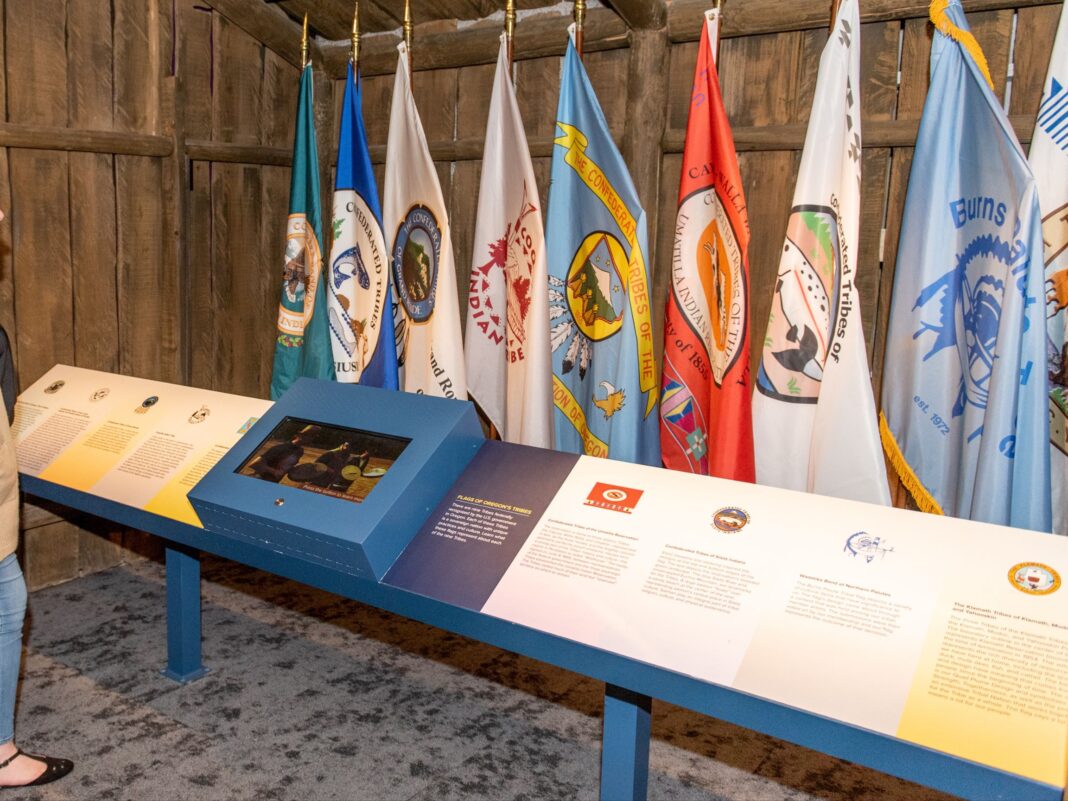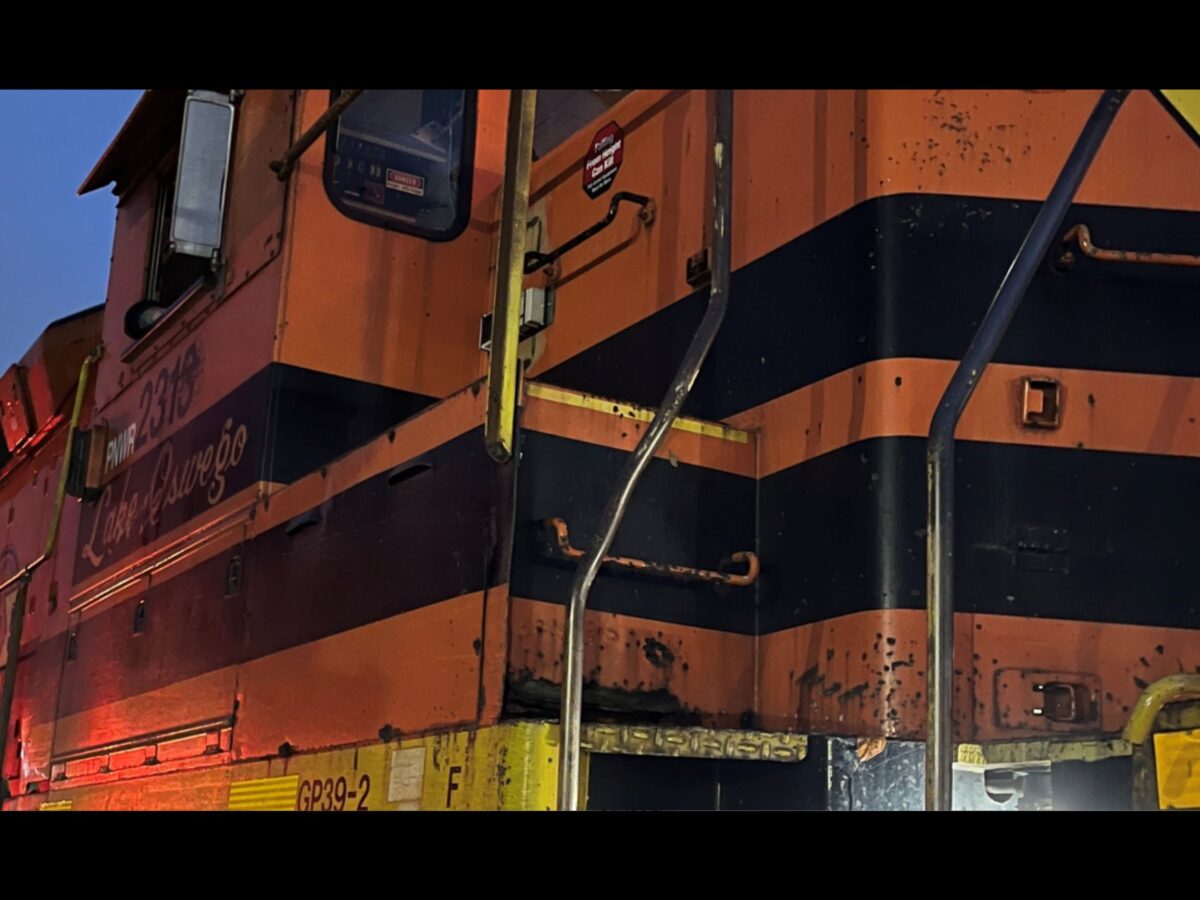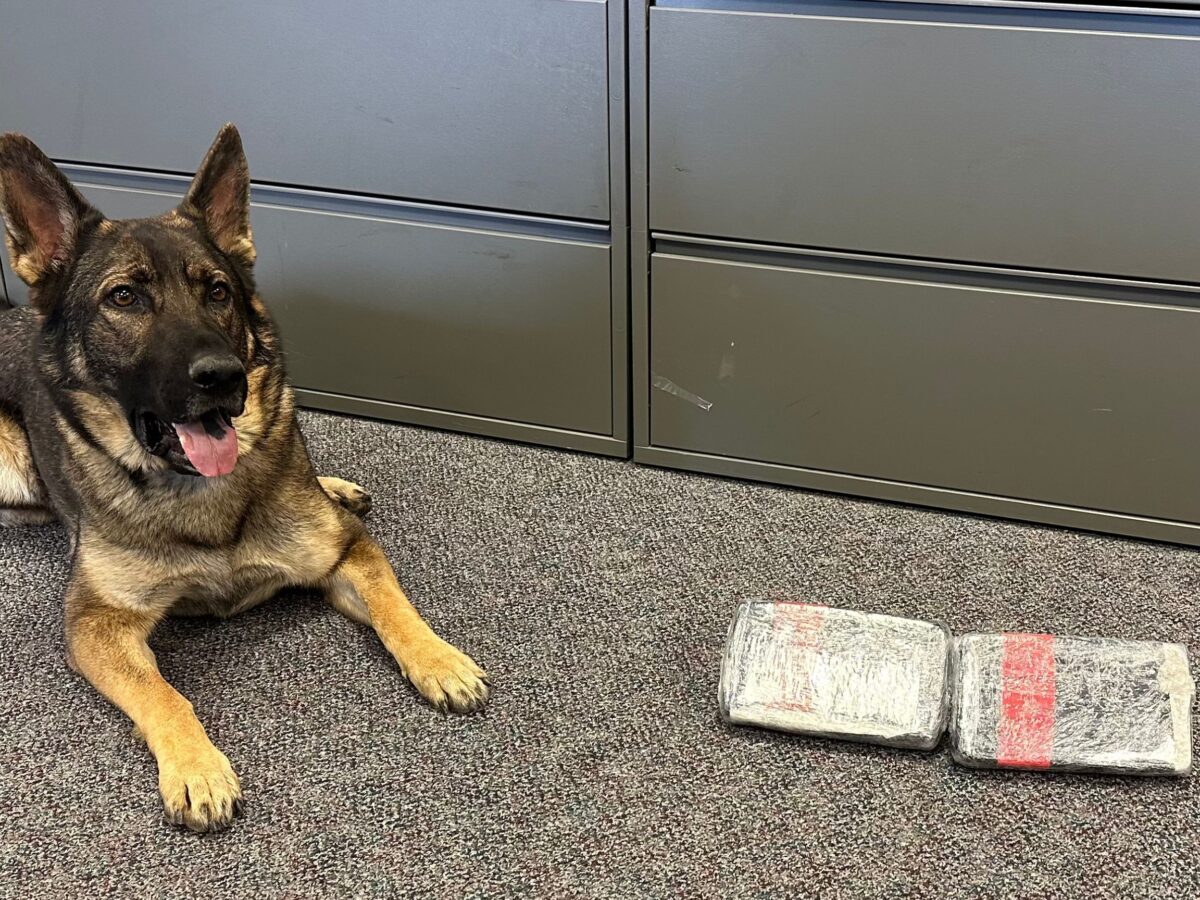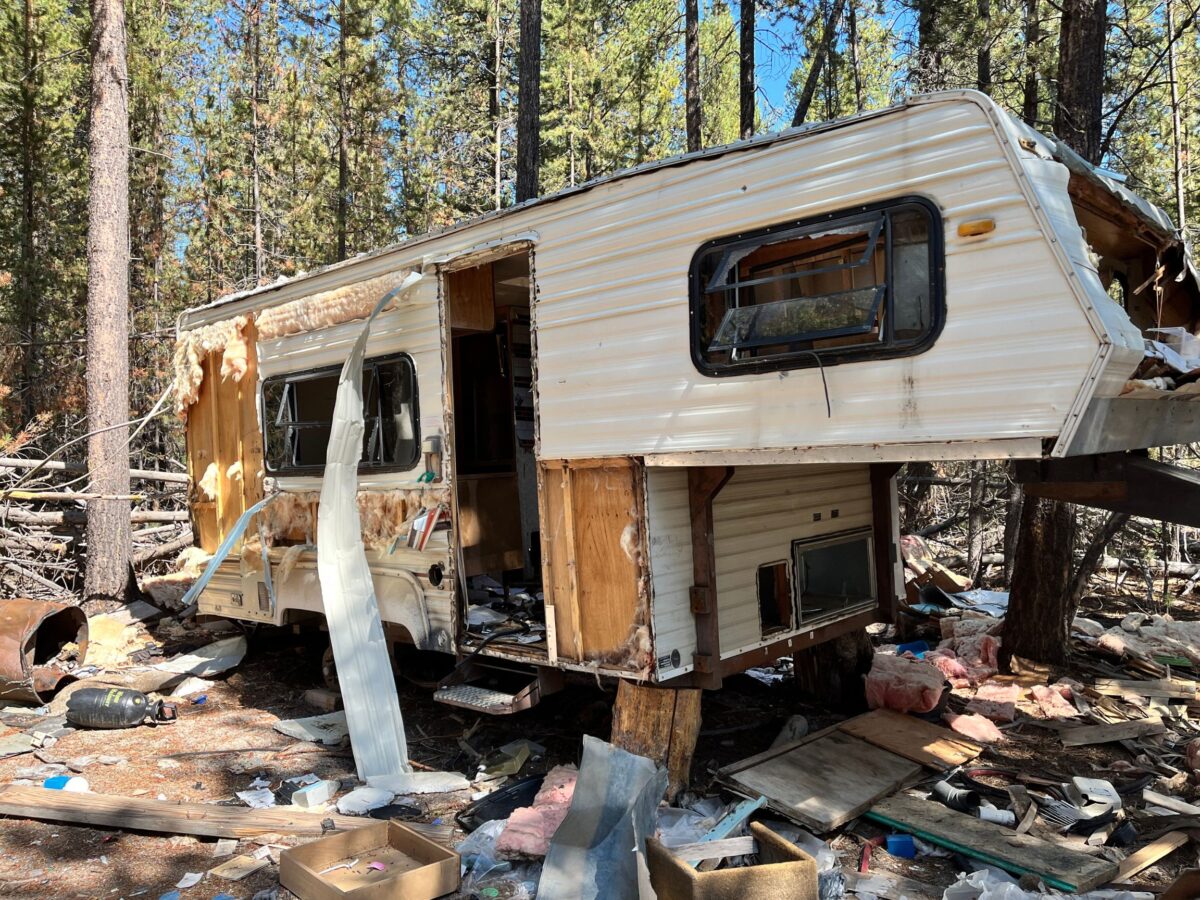Celebrate spring break by visiting the Oregon Historical Society (OHS) for free on Thursday, March 30, from 10am to 5pm. Special family-friendly activities include live presentations from Native storytellers, a “Tell Your Family Story” craft (available from 12pm to 4pm), and activity pages to help explore OHS’s flagship exhibition, Experience Oregon.
All cultures, communities, and families have their own ways of passing stories through generations to teach lessons, foster community, and preserve history. For Native communities, storytelling is an intimate tradition that connects the past to the present. Native American culture is rich in oral traditions that pass along customs, rituals, and legends through vivid narratives often told by tribal elders to younger generations. The Oregon Historical Society is grateful to welcome Wilson Wewa and Ed Edmo for two presentations about Native traditions and history.
Wilson Wewa, who will present at 11am, was raised on the Warm Springs Indian Reservation in central Oregon, and as a child spent countless hours hearing the stories of his family, Tribe, and lifeways as they pertained to his life. Later, Wewa traveled extensively with his family and especially his grandmother to other parts of the Great Basin, where he met many other Northern Paiute elders who added to his knowledge of his people. He continues to be called on by his people as an orator, storyteller, and funerary officiate. Wewa works for the Confederated Tribes of Warm Springs as the Senior Wellness Coordinator, a position he has held since 1980, and is consulted by other tribes and organizations in the United States on elders’ issues. Wewa is a frequent attendee at the Return of the Boise River People gathering held each year in Boise, Idaho, where he is usually singled out to share on a number of topics that pertain to Northern Paiute heritage and land.
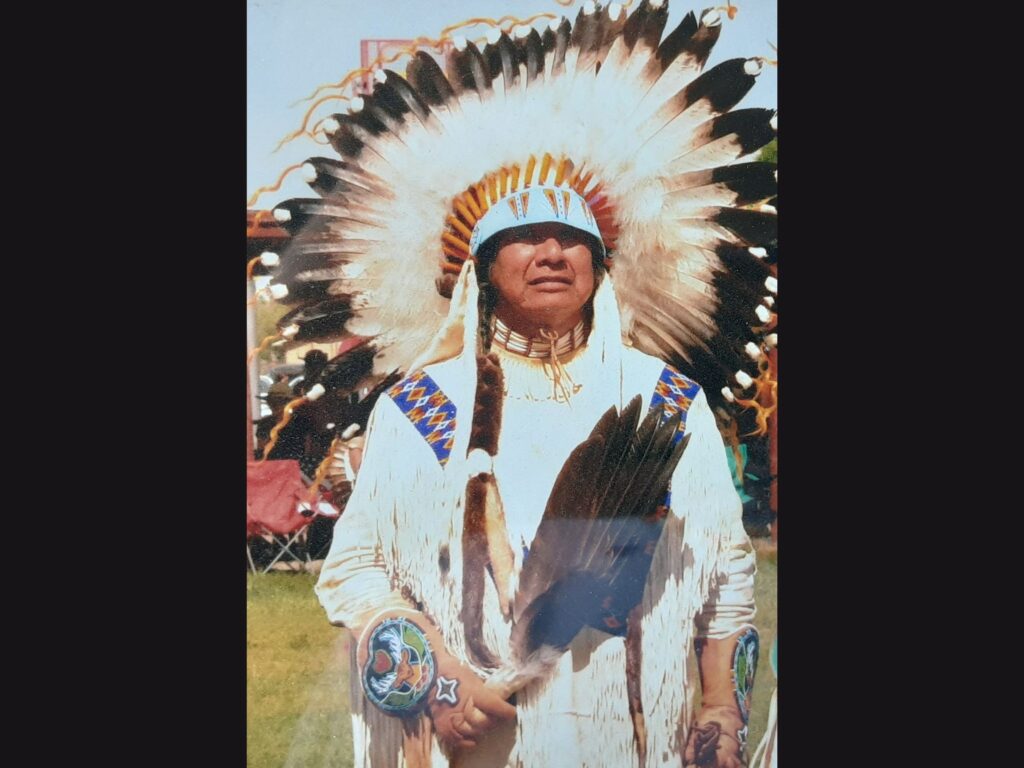
Ed Edmo, who will present at 1pm, is a Shoshone-Bannock poet, playwright, performer, traditional storyteller, tour guide, and lecturer on Northwest tribal culture. Edmo was born in Nevada; when he was a baby, his family moved to his father’s ancestral home of Celilo Village along the Columbia River. Edmo is enrolled in the Shoshone-Bannock Tribes and also has Yakama and Nez Perce ancestry. Edmo offers guided tours to the She Who Watches petroglyphs on the Columbia Gorge, as well as to the Warm Springs Indian Reservation in central Oregon’s High Desert country. He conducts workshops, traditional storytelling performances, dramatic monologues, and lectures on issues such as cultural understanding and awareness, drug and alcohol abuse, and mental health. Edmo is a published short story writer, poet, and playwright and serves as a consultant to the Smithsonian Museum of the American Indian.
Current exhibitions on view during spring break include OHS’s permanent exhibitions Experience Oregon and History Hub as well as Our Unfinished Past: The Oregon Historical Society at 125. For 125 years, the Oregon Historical Society has preserved Oregon’s history through its collections, library, educational programs, exhibitions, and scholarship. Our Unfinished Past, on view through December 17, explores the people, events, and stories that have shaped the institution, reflecting on OHS’s complex history and its mission to be the collective memory of Oregon.
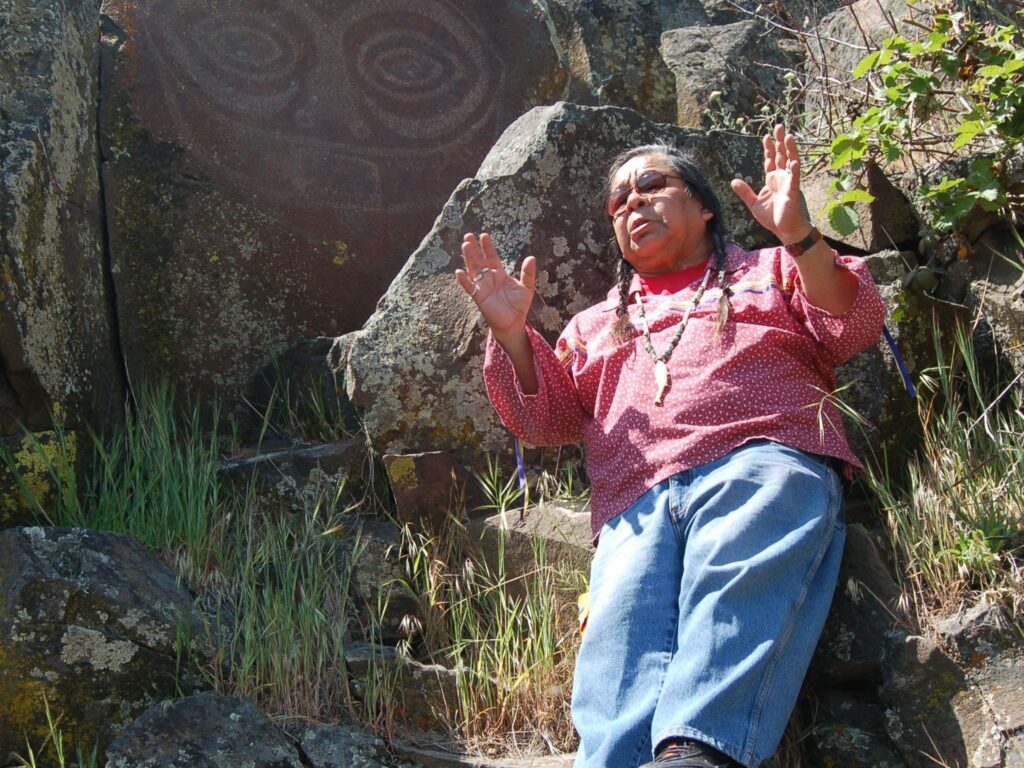
The Oregon Historical Society is located in downtown Portland, Oregon, at 1200 SW Park Avenue, on the traditional homelands of Chinookan-speaking peoples, such as the Multnomah, Cascade, Clackamas, and Clowwewalla, who made their homes along the Columbia and Willamette Rivers. The Tualatin Kalapuya’s ancestral homelands include present-day Washington and portions of West Portland. Today, Portland is home to Indigenous people from across the region and the United States.
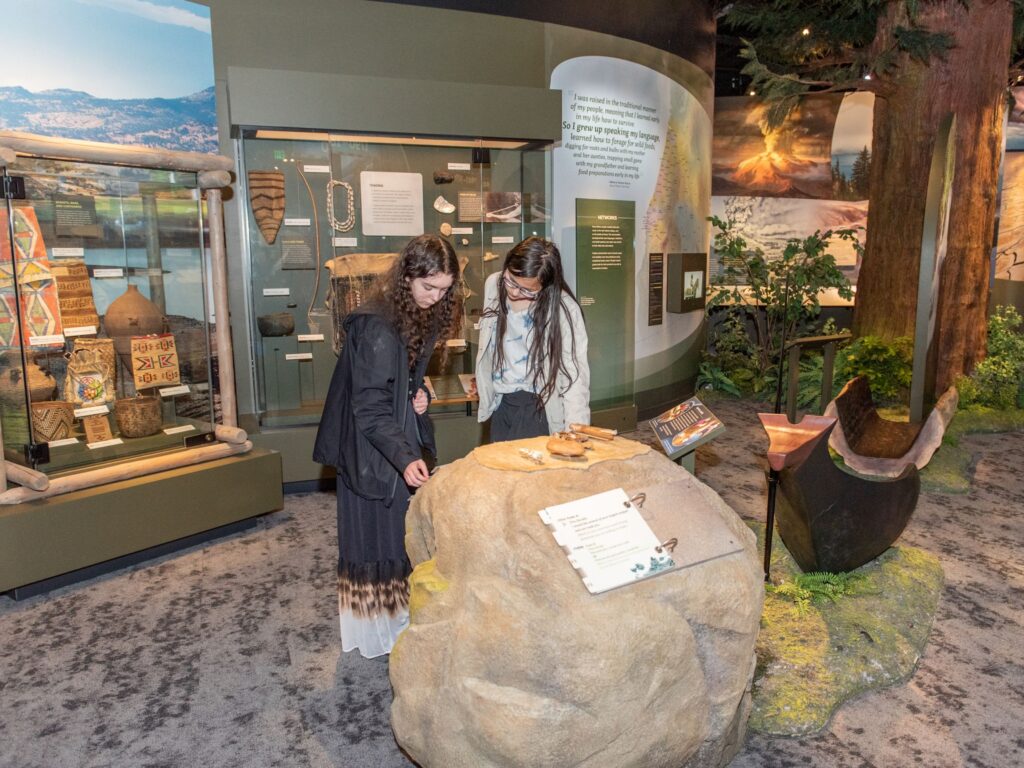
Through a variety of practices, policies, and projects, the Oregon Historical Society works to elevate Native perspectives and knowledge, respect tribal protocol, and demonstrate recognition of tribal sovereignty. OHS education staff are currently working on creating lesson plans, educational resources, and professional-development programs that connect local history and OHS resources to support the implementation of Senate Bill (SB) 13, now known as Tribal History/Shared History.



